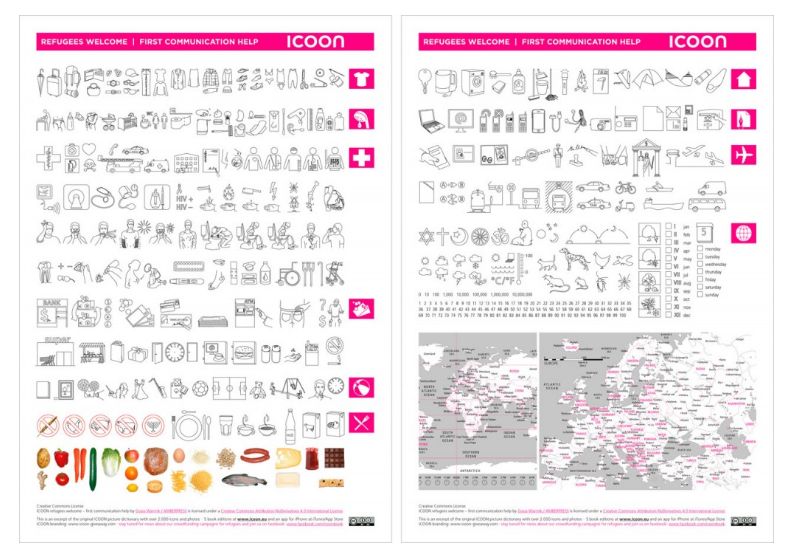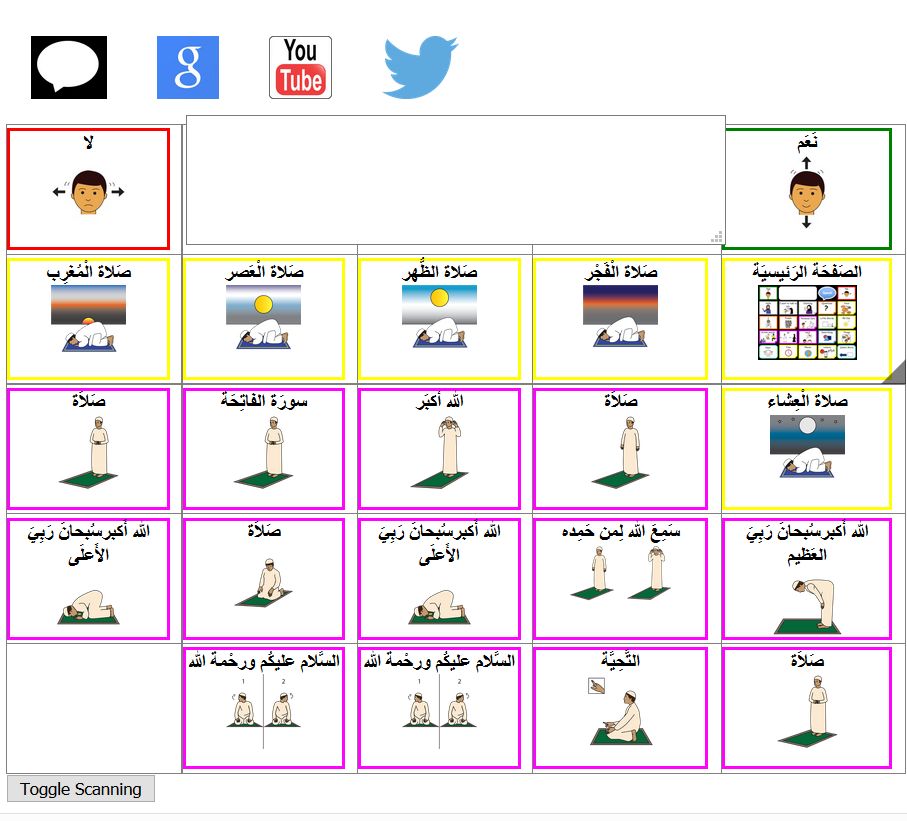
World map where Tawasol Symbols have been downloaded
There have been many debates about localisation and globalisation or internationalisation and the different requirements to support these ideas – W3C have provided definitions that fit the web and in many ways localisation can support concepts used on web pages namely customisation related to:
- “Numeric, date and time formats
- Use of currency
- Keyboard usage
- Collation and sorting
- Symbols, icons and colors
- Text and graphics containing references to objects, actions or ideas which, in a given culture, may be subject to misinterpretation or viewed as insensitive.
- Varying legal requirements
- and many more things.”
We have acted on many of the W3C ideas over the last two and half years and noticed that while we have been developing our symbols for an audience based mainly in the MIddle East many of those who have requested use of the symbols and downloads have come from as far afield as Sweden, Australia and India. We know some of these symbols have been for refugee groups and camps and others have been for religious symbols. Both these requests have led to an increase in the number of symbols we have produced in these areas and many have been seen on our Facebook pages.

But we are not the only ones making symbols for a wider audience and it is interesting to know that there have been requests that Apple should introduce emojis with women wearing the hijab with a petition gaining over 2,295 signatures seven months ago and headline news from the BBC and many others.
Many refugee organisations have booklets and charts with images to help those who do not speak the language of the country to which they are going. An example is the ICOON project which has many charts for download as PDF files. These images tend to be in monochrome but cover a wide range of topics.
Tawasol symbols are also available for download with charts in both Arabic and English and we have included religious settings and have an interactive version as a demonstration to illustrate the symbols in action thanks to The Open Voice Factory.


